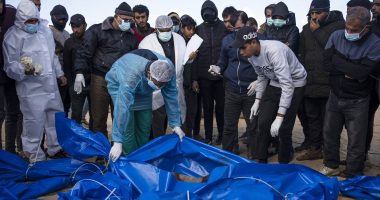
Security camera manufacturers are asking government regulators for tighter oversight of temperature-detecting cameras, saying that a flood of new products prompted by the Covid-19 pandemic endangers public safety by providing inaccurate fever screenings.
Since last spring, hundreds of merchants have begun selling telethermographic systems—a category that includes dozens of devices such as cameras and kiosks that use infrared scanning and thermal imaging to detect body heat from a distance.
School administrators, managers of government office buildings and corporations have been purchasing the technology and installing it at the entrances of schools, hospitals and other buildings in the hope that it will mitigate the spread of Covid-19 by screening out people with fevers, a key symptom of the virus.
But many of these devices aren’t capable of providing accurate body temperature readings that would indicate fever, manufacturers and experts in infrared technology say. Instead, many of them are used to accurately detect security risks such as unauthorized people entering a building, or even the presence of a concealed weapon. Others are used to take the temperature of industrial machines. But few are accurate enough to detect fevers in humans.
Fearing shortages of temperature-screening equipment, the U.S. Food and Drug Administration opened the floodgates in April, issuing new guidance that loosened the rules governing the telethermographic devices.









